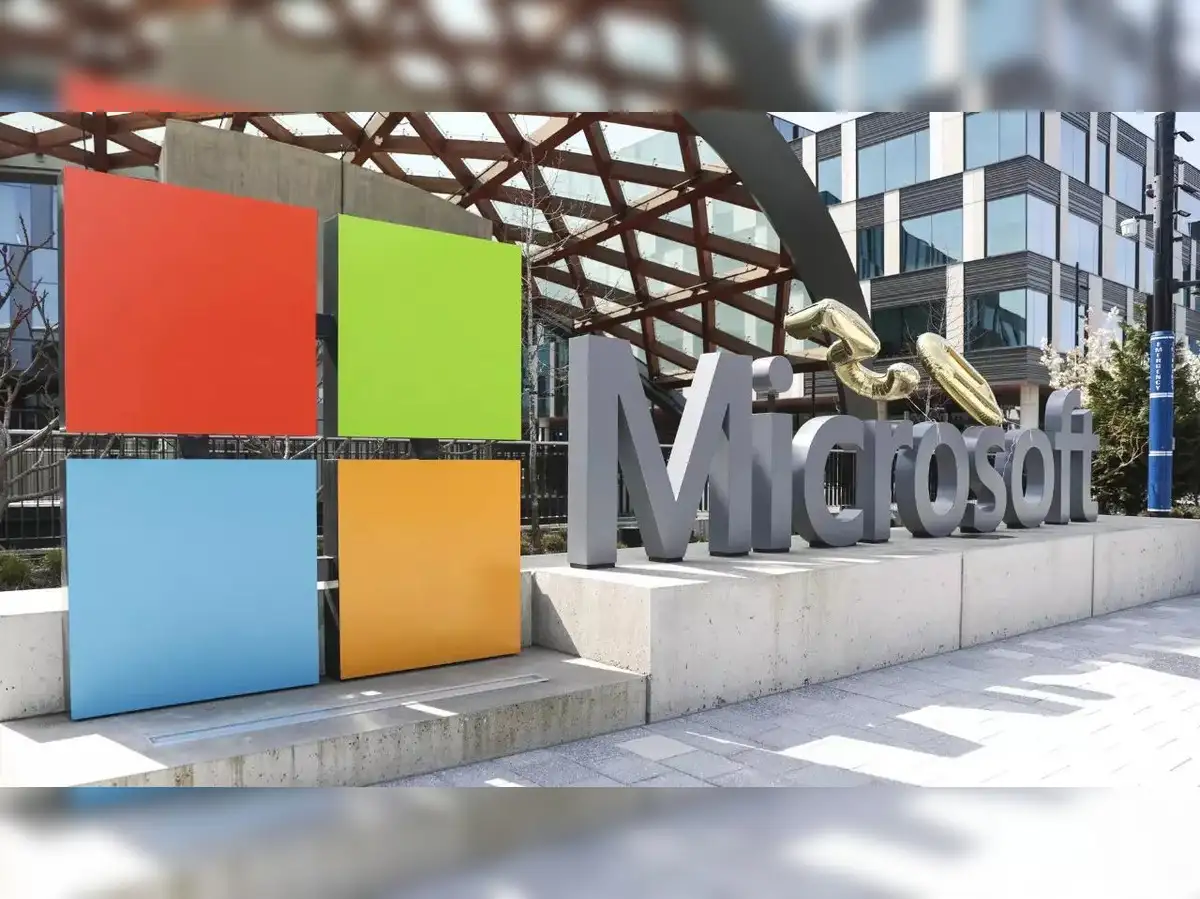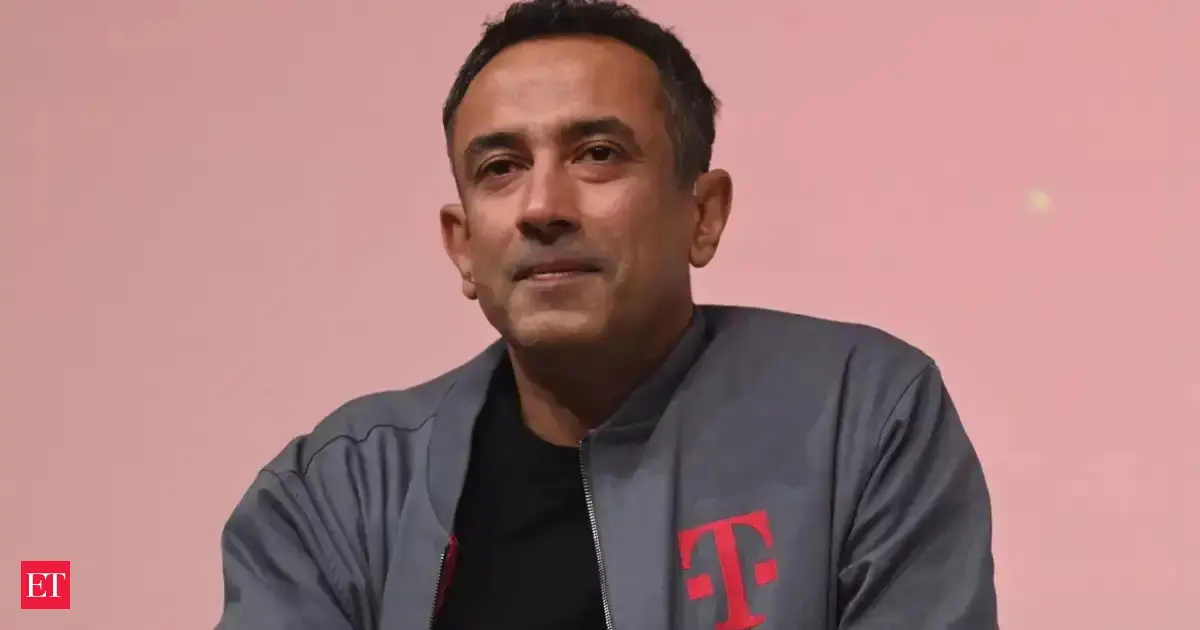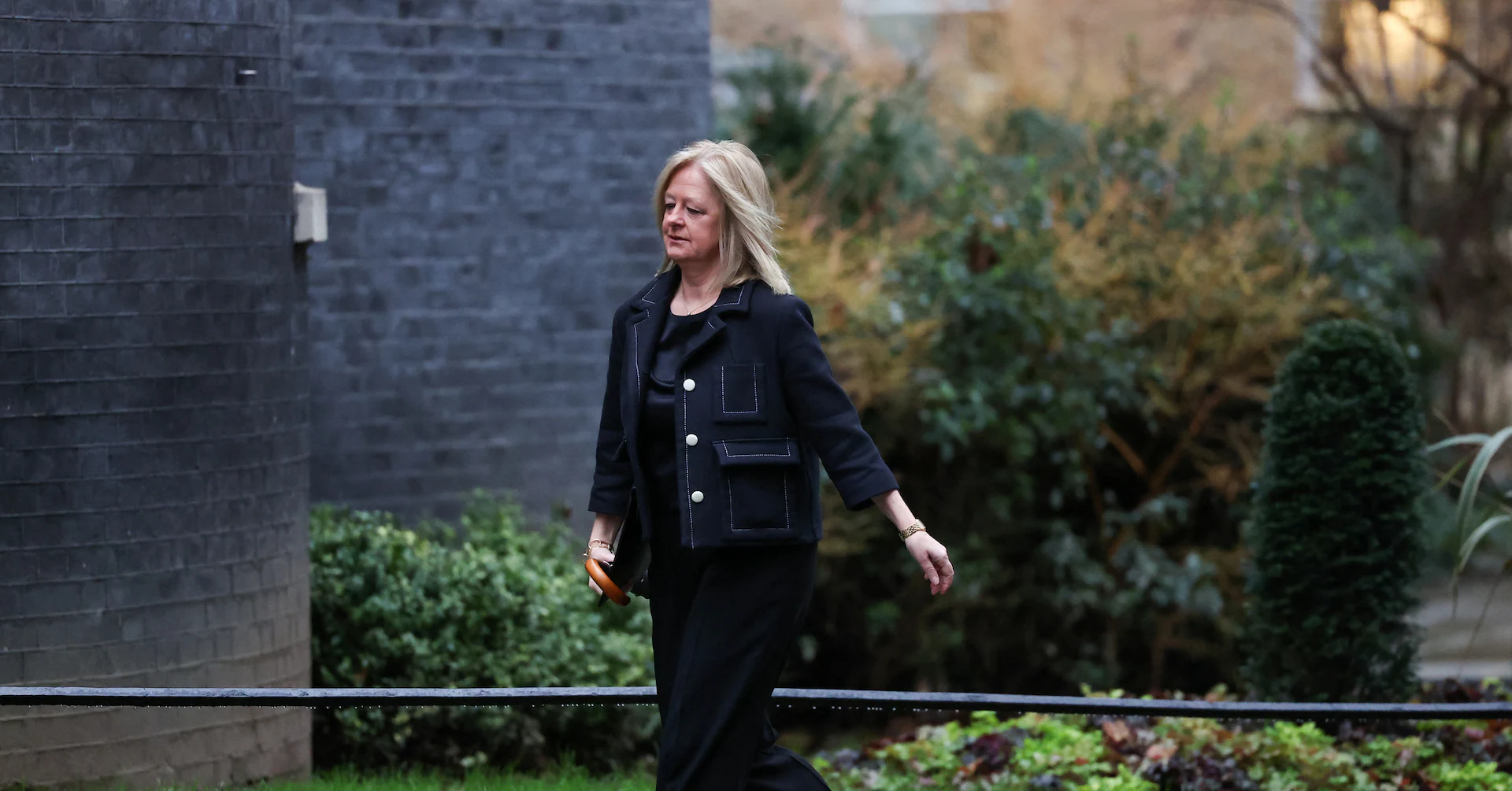By Tanya Pandey
Copyright indiatimes

With Microsoft ending support for Windows 10 on October 14, 2025, millions of PCs in India will have to either upgrade to Windows 11 or pay more than $60 per device annually for Extended Security Updates (ESU). This transition is significant for consumers, SMBs, and enterprises alike since obsolete devices will be prone to safety risks if updates are not installed. The timing aligns with a natural refresh cycle, according to the analysts. Enterprises generally replace notebooks every three to four years. “The Covid-era surge in PC purchases is now due for replacement,” said Bharath Shenoy, senior analyst at IDC. He estimates 1.2 to 1.5 million enterprise shipments in the next year. However, SMBs, governments, and educational institutions upgrade at a slower rate. With feasible machines under Rs. 15000 and a year of service, there is a surge in the demand for refurbished PCs in the market, and they are a reasonable option for smaller enterprises, he said.According to Ranjit Atwal, senior director analyst at Gartner, compliance-dependent sectors such as banking and healthcare cannot afford to wait. “They will need to either migrate to Windows 11 or pay for extended support,” he said, projecting the PC market in India to see an 11% growth this year. The PC manufacturers had long anticipated this and were prepared for it. They point out that customers are being guided on the upgrade paths, and a lot of portfolios are already Windows 11-ready. Lenovo estimates that enterprise adoption of Windows 11 has already reached 78%, whereas SMBs are expected to speed up upgrades until the end of 2025. “The transition is no longer about just replacing older machines. It’s also driving demand for commercial and AI-enabled PCs,” said Rohit Midha, executive director for enterprise business at Lenovo India. The shift’s impact on the environment is significant. Considering there are still hundreds of millions of PCs in use globally, there is a significant likelihood that e-waste will increase substantially. Acer and Lenovo both stated that they are seeking ways to mitigate the impact. To manage the lifecycle of devices, Midha highlighted that compostable packaging and recycled materials are something that could reduce waste. According to Acer, recycling and take-back schemes are already being expanded in India in an attempt to keep outdated machines from ending up in landfills. In the coming year, India will have to strike a balance between managing the sustainability issue and preserving system security while ensuring affordable upgrades. Businesses that delay migration are at risk of security lapses, while smaller organisations are affected by financial constraints. However, the Windows 10 withdrawal will likely reshape not just the PC market but the environment as well, whether through new PCs, refurbished devices, or sustainable recycling.



